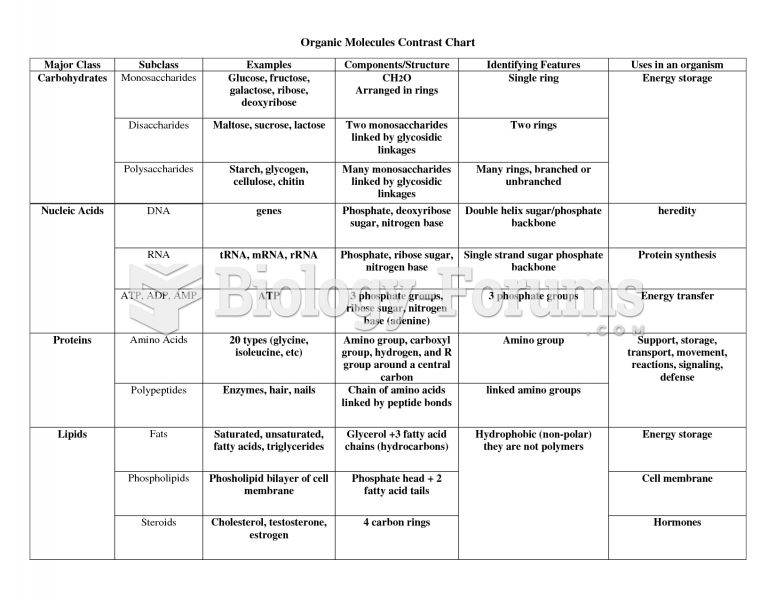Answer to Question 1
Durkheim classified his societies as being united by mechanical solidarity or organic solidarity. Tnnies' terms for the same relationships were Gemeinschaft and Gesellschaft. Elements of mechanical solidarity include a shared consciousness and the unity that people feel as a result of performing the same or similar tasks. This includes the values and general orientations toward life that we share with other members of our family, members of our religious group, friends, and neighbors. The organic society is one of interdependence that results from the division of labor and people depending upon one another to fulfill their jobs. Organic solidarity includes the highly specialized preparation for different types of work by members of society. Although Tnnies' descriptions of society are not identical to Durkheim's, they are very similar. The Gemeinschaft society is based on intimacy and close relationships, resembling Durkheim's mechanical solidarity. The Gesellschaft community is dominated by impersonal relationships and individual accomplishments, sharing many of the qualities of organic solidarity.
Answer to Question 2
Functional requisites are the major tasks that society must fulfill if it is to survive. The five functional requisites include
(1 ) replacing members;
(2 ) socializing new members;
(3 ) producing and distributing goods and services;
(4 ) preserving order; and
(5 ) providing a sense of purpose. Some of these requisites are self-explanatory.
A society must replace its members to perpetuate itself. Without socialization, a society would be in chaos. People need basic resources and a means to share them. There must be a means to defend a society, both from within and from foreign invaders. Finally, without purpose, society would be consumed by self-interest and would seed its own destruction.







